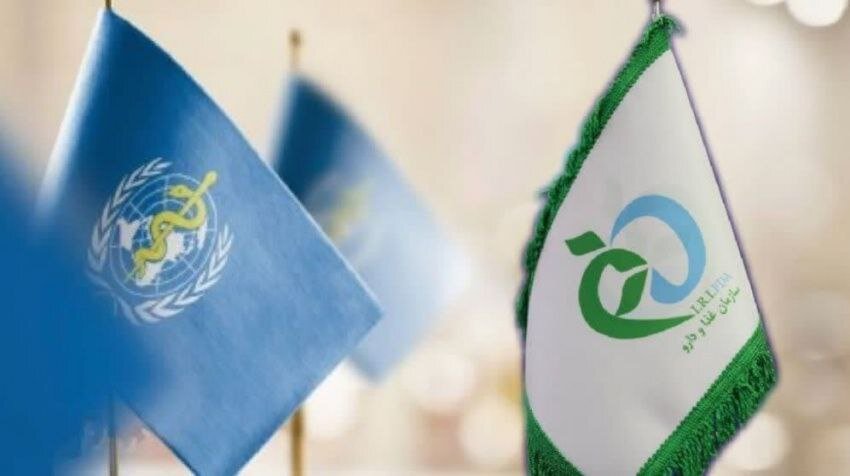Tehran – Adham Rashad Ismail Abdel Moneim, Director of Program Management, World Health Organization (WHO) and Director of Regulation and Prequalification, Rogério Gaspar participated in a technical conference hosted by the Iranian Food and Drug Administration.
FDA officials say the meeting, held from April 7 to 9, will focus on promoting the regulatory process in biopharmaceutical and blood products approvals, Hamidreza Inanlou said.
The presence of WHO representatives within the framework of the collaboration programme between the two organisations can play an effective role in improving regulatory structures, updating standards, and promoting international processes in the field of medicine.
During the meeting, FDA Director Mehdi Pirsalehi highlighted the country’s technological advances in the development, vaccines, medical devices, biological products and health-related products.
The WHO Global Benchmark Tool (GBT) framework used to assess the capabilities of the national regulatory system has been implemented nationally, with Iran currently on track to achieve the level of maturity (ML) 2 (ML) 2 of regulation, and then, 3, ILNA cited Pilsalehi.
Emphasizing that the ultimate goal is to be included in WHO-elected authorities (WLA), the authorities added that the GBT and WLA frameworks serve as reliable roadmaps to improve the quality, safety and effectiveness of regulatory processes.
Pirsalehi announced that he is particularly prepared to explore how to participate in these programs, referring to the importance of the WHO Prequalification (PQ) program aimed at meeting strict global standards, particularly in the medical devices and biological products sectors. This cooperation can enhance the global reliability of domestic products and promote global access to health technologies.
Officials continued to propose the establishment of a joint working group between Iran and those developing a roadmap to achieve ML3. He also announced Iran’s preparations to host training programs and regional cooperation under the guidance of the WHO.
Medical self-sufficiency, medical devices are a priority
In January, Health Minister Mohammad Reza Zafarkandi said the issue of medical and medical equipment production and self-sufficiency in these areas is one of the government’s priorities.
Medicine and medical devices are two important areas related to people’s health, he said, “We are trying to reach self-sufficiency for the supply of medicine and medical devices,” the IRNA reported.
On January 13, the head of the Iranian coalition of medical device manufacturers and exporters said that about $20 million worth of medical devices are exported to more than 60 countries a year.
The IRNA says it says more than 70% of medical devices and more than 100% of regular hospital beds are made in the country.
He added that more than 95% of certain ICUs and CCU beds and more than 85% of operating room medical devices, such as anesthesia devices and other equipment, are manufactured using cutting-edge technology in the country.
Yaqoubzadeh continues, saying that the country’s need for medical devices is between $3 billion and $4 billion a year, of which $1 billion is imported.
Approximately 600 medical device companies operate domestically and produce about 99% of the drugs supplied to the domestic market.
mt/mg

